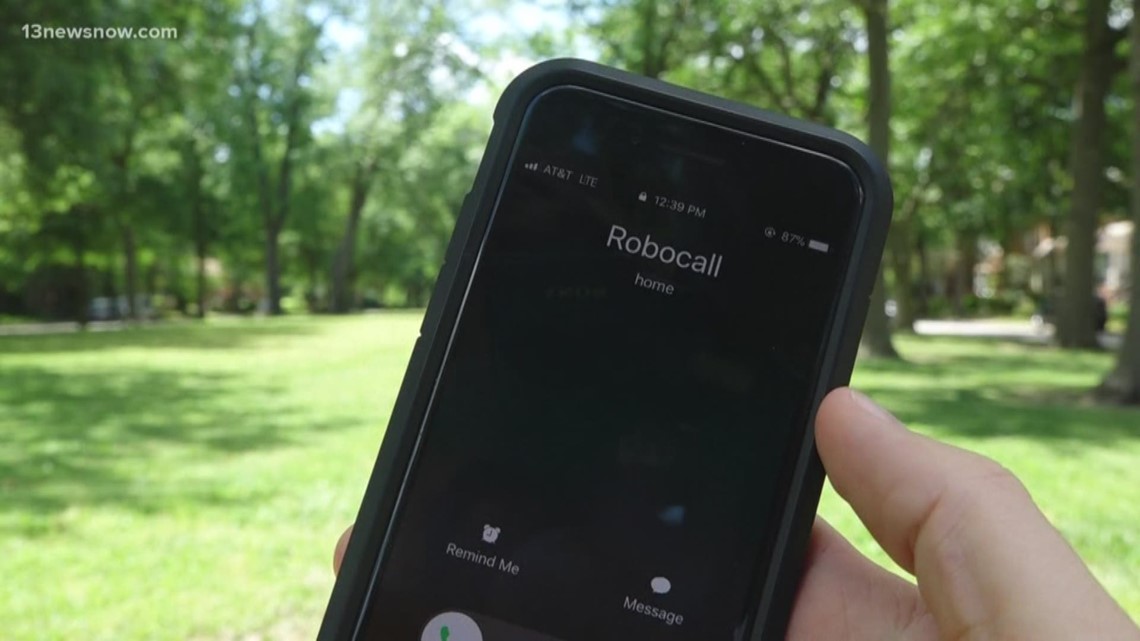WASHINGTON — The House of Representatives overwhelmingly passed an anti-robocall bill that aims to provide relief to millions of Americans who deal with infuriating and abusive robocalls.
The Telephone Robocall Abuse Criminal Enforcement and Deterrence (TRACED) Act passed by a vote of 417-3. The bill passed the Senate earlier this year, and will now head to President Trump's desk for his signature.
"For many Coastal Virginians, robocalls are more than just a nuisance, they are predatory scams," said Rep. Elaine Luria (VA-02), who voted in support of the bill. "Too often, robocallers steal money and sensitive information from hardworking families. I am pleased to join lawmakers on both sides of the aisle to combat this growing epidemic."
The TRACED Act will:
- Allow the Federal Communications Commission (FCC) to levy civil penalties of up to $10,000 per call for individuals making illegal robocalls.
- Give FCC regulators three years to catch and take civil enforcement action against intentional violators.
- Direct the FCC to require telephone providers to implement existing anti-robocall technologies within 18 months at no additional cost.
- Require the FCC to develop rules preventing unwanted calls or texts and reduce violators’ access to phone numbers.
The TRACED Act is the latest effort in a crackdown, building on steps by state attorneys general and the FCC as well as the phone companies.
Phone companies have been rolling out verification tools after prompting from regulators. These reassure customers that the number showing up on their phone is actually the number that called, and not a fraudster "spoofing," or faking, the number to try to get people to pick it up.
Numbers can be faked to look like they're coming from the IRS, for example, or from a number with the same area code as you. But to combat this successfully, all carriers need to put the anti-spoofing system in place.
Telecom companies are also offering call-blocking apps for smartphones and many home phones, although not always for free. The FCC in June gave them permission to turn on call-blocking by default. While tools had been available before, customers might not have known to ask about them.
Robocalls have become almost inescapable as the cost of sending them dropped and going after callers is difficult. Tech vendor YouMail said there were 5.7 billion calls from scammers, telemarketers, debt collectors and others in October.
Not all those calls are unwanted, though; you might want to get the call from your pharmacy saying your prescription is ready.
The Associated Press contributed to this report.

